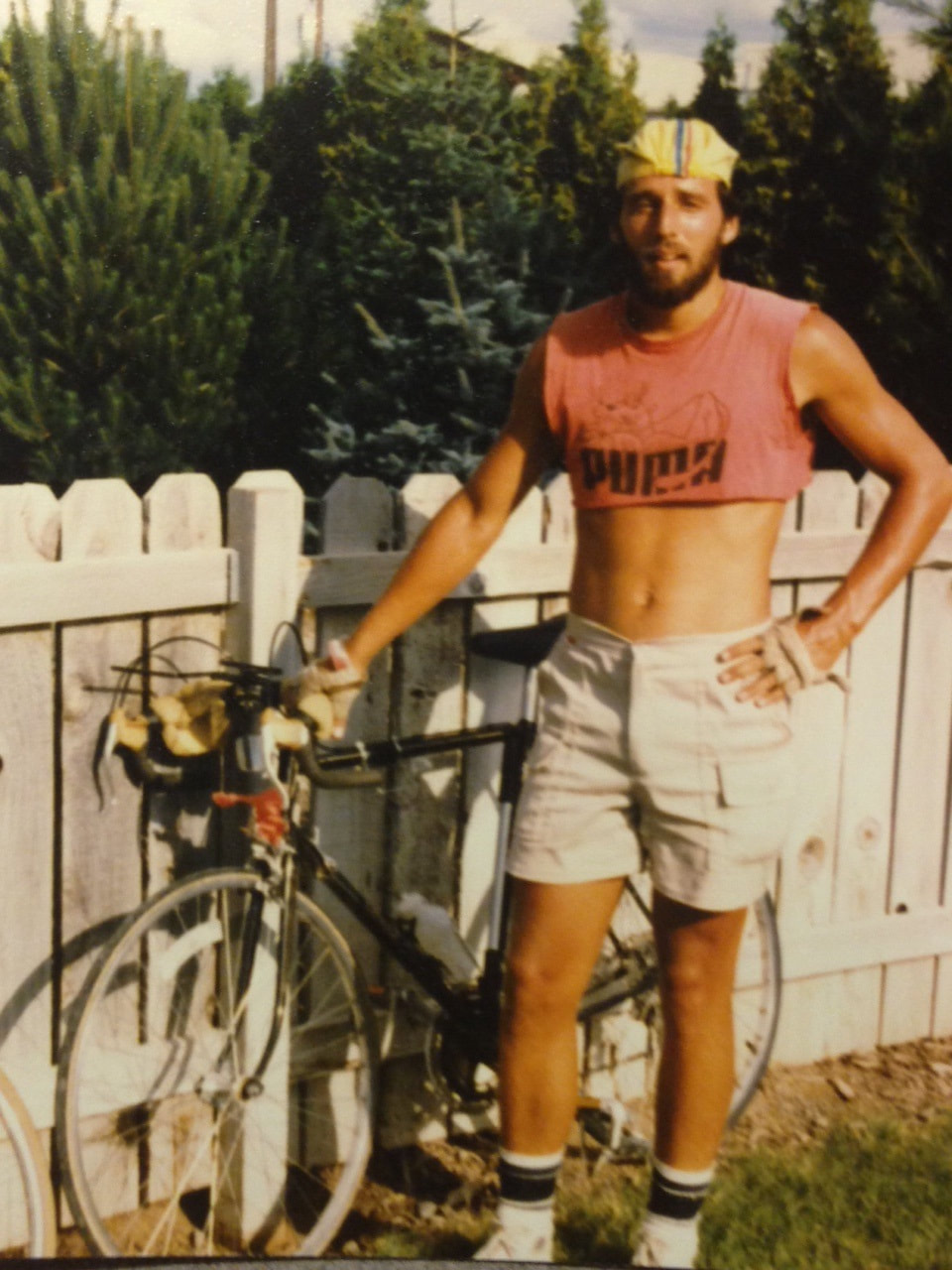
With all the information saturating us – opinions, prognostications and predictions – and hammering away throughout the day, it’s not surprising how hard it is to be surprised any more. What has happened recently where you went to yourself, “Wow, that’s incredible! I had no idea about that!”
We lose part of the human experience when we shrug our shoulders as if we’ve heard it all before. Someone survives a horrible bout of cancer. “There have been 1.73 million stories in the news about that the past 37 years.”
Someone sails a boat across the Atlantic Ocean. Yawn. “Tell me something new.”
A guy walks across the United States, in the process raising $1.17 million for Alzheimer’s research. “Hey, that’s great. I love it. But there are tons of worthy causes in the world and many, many activities people have and will undertake to fund those causes.”
I’m not a cynic. I’m not frowning on do-good contributions.
What I’m saying is we’re saturated. And, because we’re saturated, we lose the ability to care or be surprised when something really wild or different occurs.
Think about the winter storm report. Last week, I drove from near Milwaukee to the upper peninsula of Michigan to Marquette. All week long, the weather people were beating the storm drums. BONG BONG BONG, “It’s gonna snow. CAREFUL! You don’t want to drive anywhere Friday.”
By early morning Thursday, it was clear there would be ABSOLUTELY NO PRECIPITATION AT ALL any time Friday, nor Saturday for good measure. All your worries were pointless. You could have chosen all week to ignore the weather report and be surprised on Friday during your drive.
We don’t do that. We listen and watch, instead, and in the process are influenced repeatedly to think something is or isn’t about to occur based on what someone projects. That reduces our ability to be surprised or even to share in some of the wonders of the world in which we live.
When news comes on the television (or however you choose to receive information), it is often repeated. You see the potential upcoming event. Expectations are created. You imagine what will occur. Whether it doesn’t or does happen the way you expect, what you can count on is that you won’t be surprised because the event/issue has already been talked to death.
The Super Bowl is a phenomenal example of this. Aren’t we all just happy to get to the game so we don’t have to listen to all the announcers talk about it? “I just want to watch the dang game (and ads)!”
Experiencing something truly new is a spectacular feeling. You learn something. You might be challenged. You tend to think about situations differently. The experience molds you and pushes boundaries.
We live in a predictive society in so many ways. Rather than experiencing something, we’re told what we’re about to experience.
When I bicycled across North America over 40 years ago, I experienced Canada and the United States and all the people, small towns, big cities, weather and terrain that went with those thousands of miles. I chose to eliminate news that summer. I wanted to be “IN” the world, not being told about it.
And, oddly enough, I became a predictor. Through the rotation of the earth, the angle and location of the sun, I found I could predict the time of day, usually within 5-10 minutes. Like most predictions, that didn’t really have much value, except it grounded me in each day on when to eat, hit the road or set up camp for the evening.
I surprised myself with the predictions. There was power in being surprised.